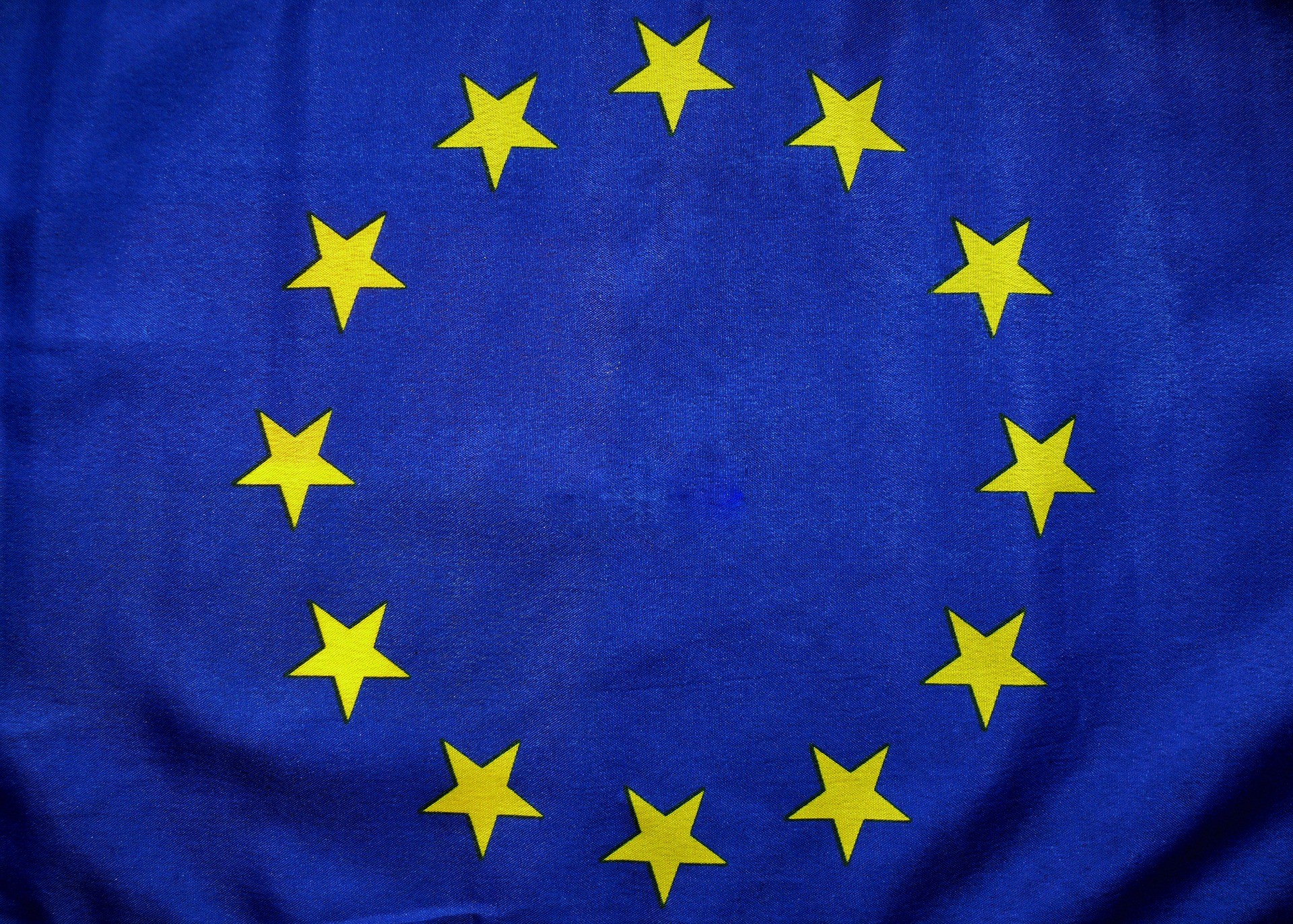THE FUTURE OF THE EU
By Tsvi Bisk
What lessons MUST the EU learn going forward? Supercilious attitudes and one-size-fits-all policies cannot maintain themselves over the long run.
The Future of the EU?
What lessons MUST the EU learn going forward? Brexit, after all, is nothing more than the canary in the coal mine; an indicator that the supercilious attitude and one-size-fits-all policies of Brussels cannot maintain themselves over the long run. Simply put, a “united states of Europe” can never be “The United States of Europe”.

The United States of America is united by a common language, a common national history, a common legal culture (49 states have English common law as their base – Louisiana being the only outlier with Napoleonic law), and a common vision of their future (the much celebrated “American Dream”).
There is also that sense of “American Exceptionalism” – much derided by European sophisticates and deracinated American academics but a tremendously powerful component of American identity. This reflects a fundamentally optimistic view of life that feels that no matter how disappointing current reality is in regards to the American dream there is always hope that the future will be better. Americans may be skeptical about the functions of the state, but they are rarely cynical about the essence of American civilization.
The “united states of Europe” do not share a common language, history or legal system. This reflects profoundly different psychological outlooks. Compared to the differences in mentality and cultural values between Germany and Italy or England and Spain, the differences between the American North and South or East and West are minor indeed.
I am reminded of the juxtaposition, some years ago, of two television programs as I was surfing on my remote. The first was a report on the violence generated by the anti-fox hunting protests in England. The second was a live broadcast on Spanish TV of a bullfight – complete with color commentary (“the bull just gutted one of the picador’s horses” etc.).
There is no question that the civilization of Western Europe (the civilization of the Catholic Church and the Reformation) is a unified meta-civilization. But because it is not unified by language, legal system or mentality it can never be “The United States of Europe”. Yet, it definitely can be “a united states of Europe”. This differentiation must be recognized if there are not to be other ‘Brexits’.
Given the American style individualism of Europe’s younger generations, the EU would do well to consciously emulate England’s Lockean tradition while foregoing the continental Hegelian tradition. If the EU is to survive and flourish in the 21st century, it must constitutionalize and democratize – in a word, it must anglicize. It must also recognize and respect national demographic, social and cultural idiosyncrasies within a constitutionalist framework that negates the anti-constitutional and undemocratic practices of certain immigrant populations – especially towards women and regards the education of children.
But all of this is only the particulars of a greater and more comprehensive project to actually redefine European civilization; to create an optimistic vision of a heroic future. The EU has been a defense-minded enterprise in its first 70 years: preventing war, neutralizing poverty, defusing discrimination etc. In these roles it has been an unprecedented historical success.
But, if it is to inculcate a compelling loyalty amongst the younger populations of the various states as we move deeper into the 21st century, it must begin to formulate a heroic vision of its future.
In its past Europe made invaluable contributions to the entire human race: Renaissance, Scientific Revolution, Enlightenment, Industrial Revolution, as well as constitutionalist and democratic genomes that, when transferred to other parts of the world, flourished and served as the declared (if not real) basis of the United Nations and the Universal Declaration of Human Rights. It must reclaim these civilizational ambitions for its own sake.
When JFK instituted the Space Program and the Peace Corps he did so, amongst other things, to rejuvenate the American spirit. What could serve as the European equivalent to the American and Soviet space programs; something unique to Europe rather than a copy of the USA and Russia?
I propose that the ambition to resolve the energy/environment conundrum become Europe’s unique contribution to humanity: to declare that by 2030 the EU will be energy self-sufficient. Such a product would not only excite the idealism of Europe’s’ younger generations, but would also require dozens, if not hundreds, of technological innovations that would put Europe at the forefront of the world economy in the same way that America’s Space Program did. Its repercussions for all humanity would once again place Europe at the forefront of world civilization
It would not only inspire and thrill the inherent idealism of young people, it would be an achievement that has the ability to restore the cultural self-confidence of the intellectual class – something that appears to have completely dissipated since WWII – and thus rejuvenate the robustness of the European political project.
Europe has played defense very successfully, but can anyone cite any civilizational achievement that even approaches the Renaissance, Scientific Revolution, Enlightenment, and Industrial Revolution or the great artistic and musical achievements of the 19th century?
Europe has become a gigantic museum celebrating its past; a cemetery of dead cultural heroes. It is about as inspiring as a very efficient shopping mall. If it is to survive – to avoid other ‘Brexits’ – it must now reinvent itself, just as the United States of America reinvented itself after the Civil War.